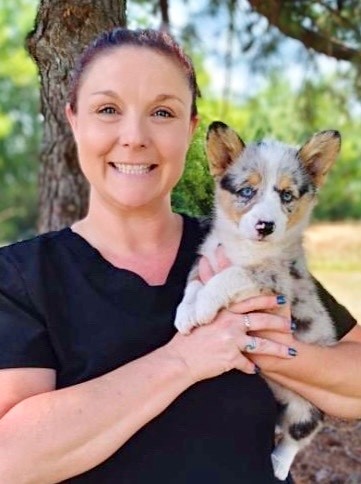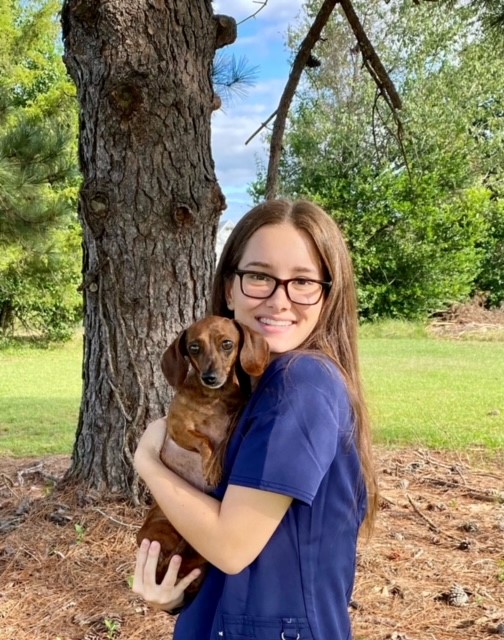Common Techniques That Animal Hospitals In Fitzgerald GA Use To Handle Pet Anxiety
Pet anxiety is a common issue among pet owners, and it can manifest in several ways that include destructive behavior, excessive barking, or withdrawal. Recognizing the importance of addressing pet anxiety, veterinary clinics have developed several techniques to help alleviate stress and create a calm and soothing environment for pets. They carefully design their facilities in a way that creates a relaxing environment that puts both pets and their owners at ease. The discussion below explores top five effective techniques that Animal Hospitals in Fitzgerald GA use to handle pet anxiety.
Creating a Relaxing Environment
Veterinarians at animal clinics understand the impact of a calm and soothing environment on anxiety levels of your pets. We carefully design our facilities to create a peaceful ambiance to eliminate or reduce anxiety in visiting animals. We use soft music, dim lighting, and pleasant scents to create a serene atmosphere. Our clinics have separate waiting areas to minimize visual stimulation and prevent potential conflicts between pets. Our private examination rooms offer a more secluded space where pets can feel secure. Creating a relaxing environment is crucial to reducing anxiety in animals, as it sets the stage for positive veterinary experiences.
Gentle Handling Techniques
Our veterinarians capitalize on gentle handling techniques to minimize stress in pets during examinations and procedures. Our veterinary technicians are trained to handle pets with care, using techniques such as low-stress restraint and positive reinforcement. They take their time to approach and interact with pets, which allows them to acclimate to their presence. We use distraction techniques like providing treats or engaging pets in play to redirect their attention and reduce anxiety during procedures. Also, we prioritize gentle handling to create a trusting and positive experience for pets that helps in alleviating their anxiety.
Positive Reinforcement Training
Positive reinforcement training is a powerful tool that we use to manage pet anxiety. Our veterinarians in Fitzgerald reward pets with treats, praise, or toys for displaying desired behaviors through this technique. We incorporate training sessions during routine visits to acclimate pets to various procedures and equipment. For instance, a veterinarian may use desensitization techniques to familiarize a pet with the sound of a medical instrument or the sensation of being touched in certain areas. Pets learn to associate the veterinary environment with positive outcomes, which reduce anxiety over time.
Medication and Natural Remedies
Our veterinarians may recommend medications or natural remedies to alleviate anxiety symptoms when pets experience severe anxiety or have a history of trauma. Anti-anxiety medications, such as selective serotonin reuptake inhibitors (SSRIs) or benzodiazepines, can be prescribed under veterinary supervision. These medications help regulate neurotransmitters in the brain to reduce anxiety levels. Also, we explore natural remedies, such as herbal supplements or pheromone-based products. Calming supplements containing ingredients like chamomile or valerian root can have a soothing effect on pets.
Behavior Modification Techniques
We utilize behavior modification techniques to address underlying anxiety triggers in pets. We expose pets to anxiety-inducing situations in a controlled manner to allow them to develop new coping strategies through behavior modification. Veterinarians in our animal clinics work with pet owners to create behavior modification plans tailored to their pets’ specific needs. For example, if a pet becomes anxious during car rides, the behavior modification plan may involve short, positive car trips with gradually increasing durations.




